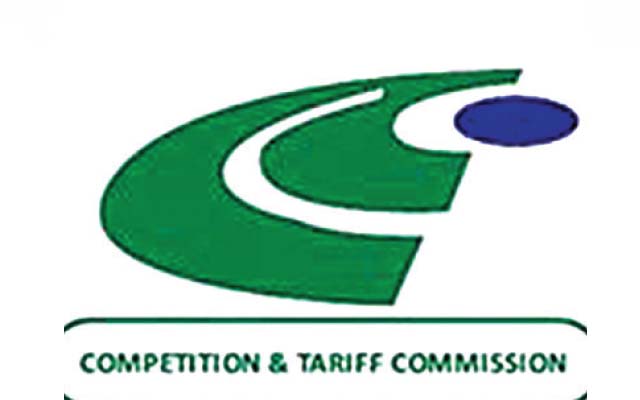Tariff watchdog warns price-fixing businesses

Farirai Machivenyika Senior Reporter
The Competition and Tariff Commission has warned wholesalers and retailers engaging in price-fixing to eliminate competition that the body will not hesitate to invoke the law to deal with errant businesses.
The CTC said this in a statement yesterday, warning that collusion in setting prices was illegal under the Competition Act. The warning comes following observations by the Commission that there were unwarranted, near-simultaneous increases in prices of goods and services that prejudiced consumers.
“Price-fixing defeats the promotion of competition and enhancement of consumer welfare,” reads part of the statement. Excessive pricing is anti-competitive as it rules out the setting of prices according to cognisable competition considerations.
“In this respect, the Commission will not hesitate to embark on investigations in sectors identified as colluding or excessively pricing, with a view to remedy such anti-competitive practices within the confines of the Act. All producers, wholesalers and retailers are, therefore, expected to comply with the Competition Act with immediate effect or else face the wrath of the law.”
Prices of most basic commodities have been rising since mid last year with some by-margins as high as 100 percent. The CTC urged players not to abuse the recent announcement of maximum wholesale and retail prices for various goods and services to engage in anti-competitive behaviour.
“Historically, the CTC has observed that whenever a ‘recommended maximum price’ is announced, retailers or wholesalers, have a tendency to all charge the maximum price under the guise of complying with the stipulation.
“While players may use similar formulas to determine prices at which they sell their products, certainly two or more players cannot charge the same price for identical products given the different overheads base, capacity utilisation levels, economies of scale and other costs incidental to operations,” added the statement.
The Grain Millers Association recently set maximum wholesale and retail prices of various basic consumer goods manufactured by its members. These include maize-meal, flour, cake flour, rice and salt.
According to GMAZ, roller meal 5kg packet’s wholesale price is $2,30, retail price is $2,53; 10kg $4,60 (wholesale), $5,06 (retail); 20kg $9,00 (wholesale) and $9,90 (retail). Flour (self-raising) 1kg $0,90 (wholesale); $1,00 (retail); 2kg $1,80 (wholesale); $2,07 (retail); 5kg $4,50 (wholesale) and $5,18 (retail). Rice (parboiled 2kg) $2,67 and $3,29 wholesale and retail respectively, Value White Rice 2kg $2,44 and $2,89. Fine salt 1kg $0,55 and $0,65 wholesale and retail respectively while course salt 1 kg $0,84 (wholesale) and $0,99 (retail).
President Mnangagwa recently spoke out against unjustified price increases saying they derailed Government’s efforts to rebuild an inclusive economy. The President also urged industry to re-examine the way it operates adding that continued price hikes would derail efforts to improve the economy.
Consumer Council of Zimbabwe executive director Rosemary Siyachitema recently called for the enactment of a consumer protection law to give consumers recourse when they feel ripped off.
“There is need to urgently put in place a consumer protection act so that consumers also have recourse on what is happening in the market. At the moment they don’t have such a platform,” she said.








Comments